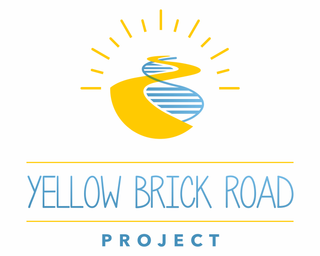HNRNPH2 Natural History Study
While the understanding of HNRNPH2 mutations continue to be revealed, we still have so much more to learn! Dr. Bain and her team are actively recruiting HNRNPH2 patients for the crucial Natural History Study. The greater the number of participants, the deeper the understanding of the disorder. This study is fundamental to future research into potential treatments and/or a cure and will be key in developing a "road map" and plan of care for doctors, clinicians, parents, and care-givers to be able to give the proper care to a patient throughout the course of their development.
"The purpose of this study is to analyze patterns in individuals with hnRNP genetic variants, including their neurological comorbidities, other medical problems and any treatment. The investigators will maintain an ongoing database of medical data that is otherwise being collected for routine medical care. The investigators will also collect data prospectively in the form of questionnaires, neuropsychological assessments, motor assessments, and electroencephalography to examine the landscape of deleterious variants in these genes."

She and her team hope to continue to employ various testing measures to understand clinical features of individuals with these gene variants. Please see the NIH's posting for more detailed information on HNRNPH2 Natural History.



Since the initial 6 individuals were identified in 2016, 145+ additional cases of individuals with variants in HNRNPH2 have been identified. HNRNPH2 related disorder affects both girls and boys. Dr. Bain’s research has employed the use of a prospective testing battery where assessments are remotely administered to test for various neurological, behavioral, psychiatric, developmental, and social factors, as well as gathered information from former genetic reports and medical records.


Additionally, at each annual Family Meeting, Neurological, Motor and EEG assessments are conducted.
These testing measures revealed similar clinical symptoms to that of the original group, including atypical facial features, neurological abnormalities, atypical gait, and abnormal muscle tone. The expanded group reported fewer seizures than the original group. A predominance of anxiety was found in the expanded group.
Dr. Bain's latest publication, HNRNPH2-Related Neurodevelopmental Disorder, can be found by clicking here.
Dr. Bain invites ALL families with HNRNPH2 variants to help us improve our understanding by contacting her at jb3634@cumc.columbia.edu to register for this very important Natural History Study. We need to better understand why changes in HNRNPH2 causes problems with brain function so we can develop new treatments!
